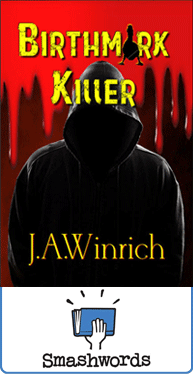What do you need to know about agents?
First, last clichés:
My lips are sealed – will keep secret. The idea of keeping one’s mouth tightly shut is much older and sealing up someone else’s lips dates from the late 1700s. However, this phrase became current in the early 20th century. It was well used by Prime Minister Stanley Baldwin when asked about the rumored abdication of King Edward VIII, who married a divorced American, Wallis Simpson.
All cats are grey after dark – Without sufficient knowledge one cannot distinguish between alternatives. This appeared in numerous proverb collections, beginning with John Heywood’s of 1546. A still older version, dating back some 2,000 years and stated by the Roman writers Ovid and Plutarch as well as by later writers, had it that all women are the same in the dark, a view now disputed by all but the most hardened misogynists.
A mine of information – A good source of data. Sometimes used ironically. The word mine has been used figuratively to mean an abundant supply since the 16th century.
So, how many did you find?
Well, I’m still imparting information I learned at the Nov. 22nd Tucson, AZ workshop I attended with speaker Chuck Sambuchino. I hope you’ve checked out his websites, especially the www.guidetoliteraryagents.com/blog. Not to mince words, but this is a great site to subscribe to if you’re seeking an agent or just want good information concerning them, and more.
Is your book finished? If so, then you might want to get an agent, but only if it has been edited and totally finished. (More about editing later.) To find an agent, subscribe to Chuck Samuchino’s blog; get the book, Guide to Literary Agents(Writer’s Digest Books), or other books on the subject; consult websites such as querytracker.com, twitter and follow different agents, publishersmarketplace.com. I’m sure there are many more. And of course, you might find them at workshops and conferences you attend.
Don’t get into hot water by contacting the wrong agent. Use the above list to locate them then read how they want to be contacted, and don’t deviate. Make sure the particular agent wants the type of book you are writing. Only submit what the agent requests.
Don’t shoot yourself in the foot my contacting the agent too early (when your book is not finished) or by contacting incorrectly. Find out more in my next blog.
Until then,
Keep Writing,
Julie
Want more information, see:



